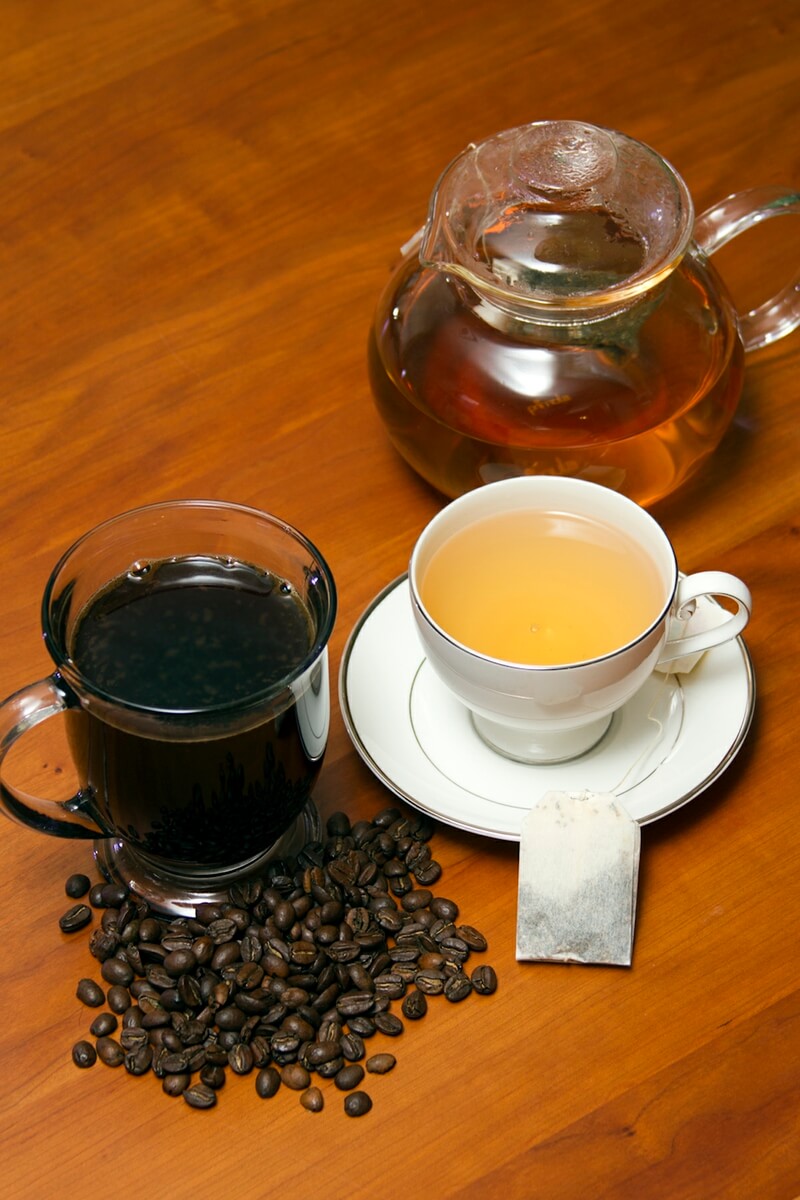SINGAPORE — Regularly drinking tea or coffee during middle age could help people ward off frailty later in life, a new study suggests. The research, conducted by a team at the National University of Singapore, involved over 12,000 participants between the ages of 45 and 74, spanning two decades. The key to these potential benefits, they suggest, is caffeine.
Those who consumed four cups of coffee daily experienced the most significant benefits, but consistent drinkers of black and green tea also saw advantages.
“Coffee and tea are mainstay beverages in many societies around the world. Our studies show that consumption of these caffeinated drinks at midlife may be associated with a reduced likelihood of physical frailty in late life,” says Professor Koh Woon Puay, from the Healthy Longevity Translational Research Program at the Yong Loo Lin School of Medicine, in a media release. “However, further studies are still needed to confirm these longitudinal associations, and to investigate if these effects on physical frailty are mediated by caffeine or other chemical compounds.”
Initial interviews were conducted with participants at an average age of 53. They were asked about their drinking habits of caffeine-rich beverages, such as tea, coffee, and sodas, as well as foods like chocolate. In subsequent interviews around 20 years later, participants were questioned about factors like their weight and feelings of energy. They also underwent tests measuring handgrip strength and the time needed to complete a timed up-and-go (TUG) test.

Frailty was determined based on a combination of factors: weight loss, exhaustion, slowness, and weakness. In the study group, 84 percent of total caffeine consumption came from coffee and 12 percent from tea. More than two in three participants (68.5%) drank coffee daily, with the majority consuming one cup a day.
The results highlight that middle-aged individuals who consumed coffee, black tea, or green tea had a significantly reduced risk of physical frailty in their older years. Particularly, those who drank four or more cups of coffee daily had substantially lower odds of experiencing physical frailty compared to non-daily coffee drinkers. Regular black and green tea drinkers also had decreased odds compared to those who didn’t drink tea.
This study concludes that higher caffeine intake, regardless of its source, correlated with reduced chances of physical frailty. The team noted the strongest correlations in the objective measurements of handgrip strength and the TUG test, rather than in self-reported metrics like weight loss and exhaustion.
Previous studies have found that caffeine can stimulate muscle cell proliferation and enhance muscle weight in mice. Beyond caffeine, both coffee and tea are abundant in bioactive polyphenols, known for their antioxidant and anti-inflammatory properties. These compounds have been linked to reduced risks of diseases that exacerbate frailty, including diabetes, cardiovascular issues, obesity, and neurodegenerative disorders.
Nonetheless, further investigation is necessary to pinpoint the specific compounds and mechanisms responsible for the relationship between coffee, tea, and enhanced physical function in humans.
The study is published in the Journal of the American Medical Directors Association.
You might also be interested in:
- Best Instant Coffee: Top 5 Brews Most Recommended By Experts
- Best Tea For Stress: Top 5 Calming Brews Most Recommended By Experts
- Caffeine boost from that morning cup of coffee may be all in your mind
- Anti-aging molecule? Potential treatment to revive deteriorating muscles discovered by Stanford scientists
South West News Service writer Jim Leffman contributed to this report.


Another study, here’s one, it is a proven fact that if you stop breath, chances are, you’re dead.
A good grip on that coffee mug certainly helps those finger muscles. LOL
More BS junk science.
Obviously you didn’t drink enough coffee when you were younger, Ben. Your moronic, ill-informed comment just confirms the study and your mental decline.
Until next weeks “study du jour”, which will show caffeine will cause you to grow another
head and 3 more arms.